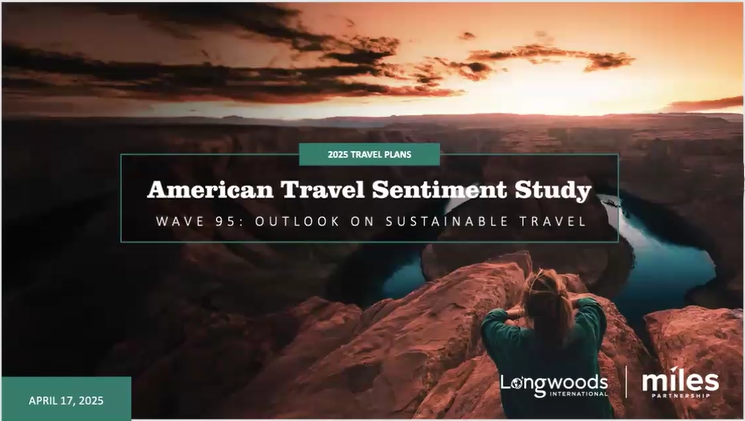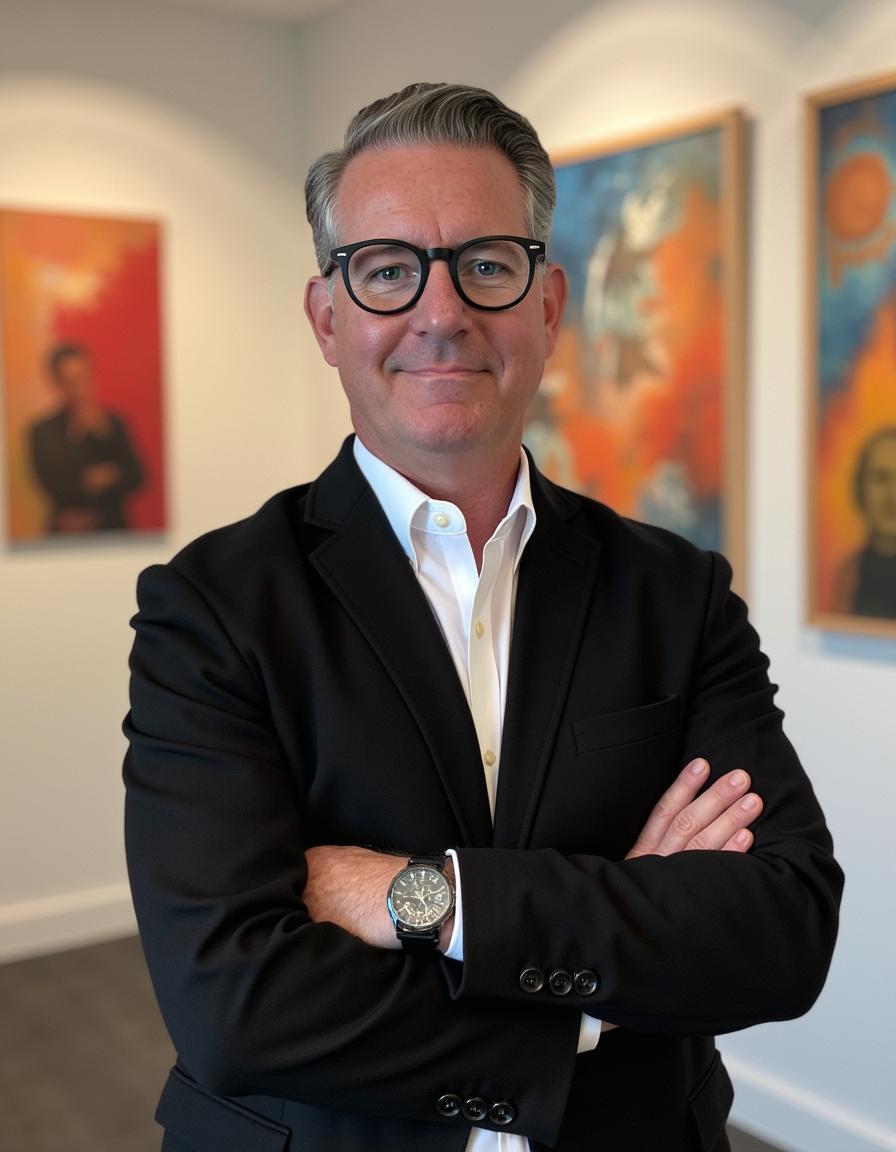In its second year, HSMAI Commercial Strategy Conference is continuing to do what it was built for, bringing together hospitality professionals across marketing, sales, distribution, and revenue to create one unified commercial conversation. And to kick things off, we have an all-star panel of commercial leaders on the stage for the session, Breaking Down Silos: Uniting Commercial Strategy for Maximum Profitability.
Moderating the panel is Kelly McGuire, Ph.D., Principal at McRevenue and 2024 HSMAI Vanguard Award for career achievement in Revenue Optimization. Kelly is known for her writing, data evangelism, and expertise in leveraging automation, analytics, and AI to improve efficiency and effectiveness of commercial organizations. HSMAI staff had an opportunity to talk with McGuire about the session and learn why she is excited about this panel.
“What makes this panel so interesting is that it was purposefully designed to represent the full commercial picture,” said McGuire. “We have leaders who have roots in revenue, marketing, and sales and they’ve all risen to top commercial roles. It shows that the best leader of commercial is the best leader and that you can come from any commercial discipline.”
The Panelists:
- Kristie Goshow, Chief Commercial Officer, Peregrine Hospitality
- Allison Handy, EVP, Commercial, Aimbridge
- Ankur Randev, Principal & Chief Commercial Officer, Highgate
McGuire will be guiding these three engaging commercial leaders through a dynamic conversation and busting some commercial strategy myths along the way. Together, they’ll explore how to apply commercial strategy to today’s hospitality ecosystem and how their diverse backgrounds give them unique perspectives. The session will touch on everything from key skills sets to stakeholder alignment and, of course, the impact of artificial intelligence.
“This panel is a chance to talk about what’s working, what’s changing, and what commercial leaders need to think about next,” McGuire shared. “We’re going to talk about blind spots, where growth happens, and how today’s rising professionals can shape their own path forward.”
If you’re looking for insights, inspiration, and a front-row seat to a candid conversation on commercial strategy, this is a session you won’t want to miss.










